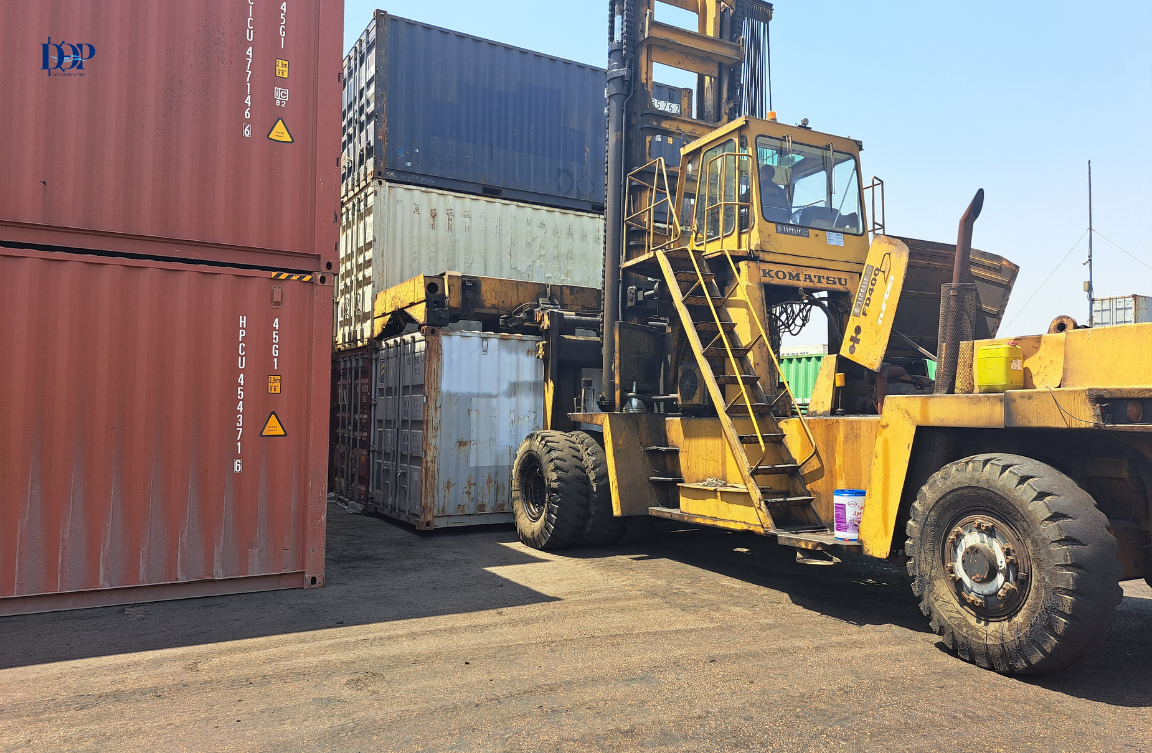The Role of Container Services in Commerce
Modern technologies are rapidly evolving, and container services are one of the innovations that have significantly impacted the field of commerce. These services allow companies to enhance their commercial processes and operate more efficiently. In this article, we will provide a comprehensive review of container solutions in commerce, analyzing their benefits and challenges from various perspectives.
Introduction to Container Services in Commerce
Container services refer to a set of technologies and tools that allow companies to run their software and services in isolated and independent environments. This technology enables businesses to manage their operations more efficiently and make better use of their resources.
Benefits of Container Services in Commerce
Utilizing container management in commerce offers numerous advantages, including:
- Accelerated Product Development and Delivery: Companies can speed up their product development and delivery processes. Containers allow developers to test software in environments similar to production, reducing the time to market.
- Resource Optimization and Cost Reduction: These services help companies optimize their hardware and software resources. Sharing resources between containers reduces operational costs and increases productivity.
- Increased Flexibility and Scalability: One of the key benefits of container handling in commerce is the increased flexibility and scalability of systems. Companies can quickly deploy new containers and easily distribute resources between containers when scaling is needed.
- Improved Security and Risk Reduction: The isolation of containers from each other and the host operating system enhances system security. This helps reduce security risks and prevent unauthorized access.
Applications of Container Services in Commerce
Container services have numerous applications in commerce, including:
- Supply Chain Management: Container services enable companies to manage their supply chains more efficiently. Using containers, companies can automate and coordinate various supply chain processes.
- Improvement of Logistics Processes: Logistics is a critical part of any commercial business. These services allow companies to enhance their logistics processes and make better use of resources.
- Running Business Applications: Commercial companies can use container services to run their business applications, such as customer management systems, accounting systems, and other essential business software.
- Enhancing Sales and Marketing Processes: Container services allow companies to improve their sales and marketing processes. Containers can easily manage online sales systems and digital marketing platforms.
Tools for Container Services in Commerce
In the world of container support, various tools are designed for specific purposes. Some of the most well-known and widely used tools in commercial container services include:
- Docker: Docker is one of the most popular platforms for creating, running, and managing containers. It allows companies to easily manage and monitor their containers.
- Kubernetes: Kubernetes is an open-source container orchestration platform developed by Google. It enables companies to manage and coordinate their containers in a distributed environment.
- OpenShift: OpenShift is a cloud-native platform built on Kubernetes and developed by Red Hat. It offers advanced features for developing and managing containerized applications.
- Amazon ECS: Amazon Elastic Container Service (ECS) is a container management service provided by Amazon Web Services (AWS). It allows companies to manage their containers in the AWS cloud environment.
Challenges and Issues of Container Services in Commerce
Despite all the advantages and applications of container logistics, this technology comes with its own set of challenges and issues. Some of the key challenges in commercial container services include:
- Managing Complexity: Managing a large number of containers and coordinating them can be very complex. Using orchestration tools like Kubernetes can help address this issue but requires specific knowledge and skills.
- Security Issues: Despite the isolation of containers, they still have their own security issues. Proper management of container security and the use of appropriate tools can help reduce security risks.
- Monitoring and Logging: Another challenge of container operations is proper monitoring and logging of containers. Using suitable tools for monitoring and logging can improve performance and reduce issues.
- Compatibility with Existing Systems: Integrating container shipping with existing systems and infrastructures in an organization can be challenging. Careful planning and specialized skills are needed for proper and effective integration of this technology with existing systems.
Strategies for Successful Use of Container Services in Commerce
To fully benefit from the advantages of container transportation in commerce, companies need to adopt appropriate strategies. Some key strategies for successful use of container services include:
- Training and Empowering Teams: Technical teams and developers should be well-versed in the concepts and tools of container facilitation. Providing training courses and empowering teams can contribute to the success of container projects.
- Selecting Appropriate Tools: Choosing the right tools for managing and running containers is crucial. Companies should select tools that meet their needs and conditions.
- Careful Planning and Phased Implementation: Implementing container distribution requires careful and phased planning. Companies should gradually implement this technology in their processes with proper planning.
- Using Specialized Consultations: Using specialized consultations in this field can help companies better address existing challenges and benefit from this technology.
Conclusion
Container services, as one of the modern and advanced technologies, play a vital role in improving efficiency and increasing the flexibility of commercial systems.

 then 'Add to home screen'
then 'Add to home screen' then 'Add to home screen'
then 'Add to home screen'



بدون دیدگاه